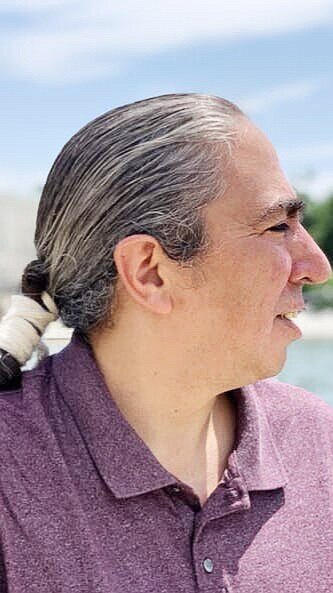Revisiting the Declaration
We created an episode on the Declaration of Independence for our series on the foundational documents, but wanted to revisit it through the lens of people and communities not included as beneficiaries of those inalienable rights. Click any of the three images below to listen to a short episode on how Black Americans, Native Americans, and women responded to that exclusionary document. Every page has a graphic organizer, a transcript, and a list of concepts explored in the episode. Each graphic organizer concludes with an open-ended question for in-class discussion.
Tips for using podcast with students:
Go outside if you can! Students can listen on their phones while taking a short walk.
Or, play the first minute of each episode and give students a choice for homework
Or, let class vote for one to listen to together
Related Materials:
Cemetery Lessons, Black Heritage Trail
Teacher comments on series:
Ellis Clay:
The Declaration of Independence: Black Americans. As an African-American teacher, I feel that a keen understanding of the Declaration as a document and as an ideal are important, particularly in the context of our current examination of race and race relations. I think this episode and other revisits can be used to engage students in critical conversation about what it means to be an American, not only for Black Americans, but for all Americans.
Chuck Taft:
The most recent one about the DOI from a different perspective will definitely be in my young historians' ears in September. The DOI is the core document of my curriculum, and we begin with it on Day 1. I use a Morgan Freeman quote to frame everything for the DOI and our year - "The real glory of the Declaration of Independence has been our nation's epic struggle through its history to close the gap between the ideals of this remarkable document and the sometimes painful realities of American life." "Close the Gap" becomes one of the mantras of class, and the DOI revisited podcast (along with the two upcoming ones) will help set the stage for the year.
Shaunie Decker:
I'm excited about the "The Declaration Revisited" episodes. I have been looking for culturally-responsive materials to decolonize my curriculum.I appreciate how the episode on Native Americans introduces land acknowledgments, a practice I'd like to incorporate in my classroom. I have brought my students' attention to the, "savages" statement in the Declaration of Independence. I like how the podcast illustrated how the Declaration of Independence set the stage for systemic and institutionalized racism. I also like how podcasts are portable, so in an online class, students can listen to them anywhere and then discuss them online.



